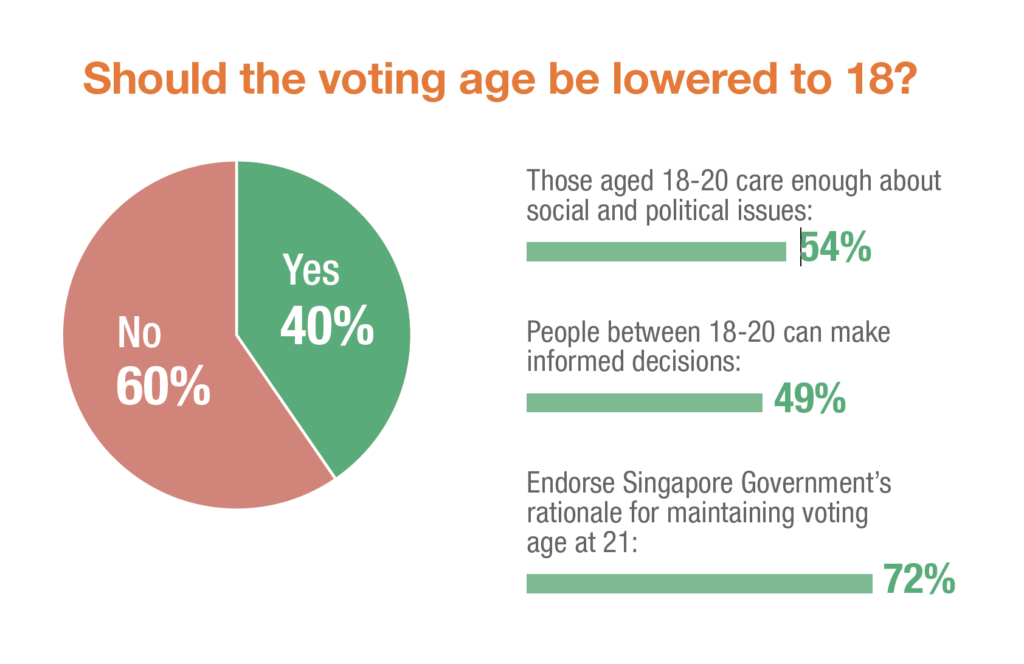Lower The Voting Age
The debate around lowering the minimum age for voting has been a hot topic in political circles for decades. Advocates argue that reducing the voting age can enhance youth participation in the democratic process, while critics raise concerns about the maturity and knowledge level of younger voters. Let’s delve into the pros and cons of lowering the voting age to understand the implications of such a decision.
Enhanced Youth Participation
Lowering the voting age to 18 can be a significant step towards increasing youth engagement in politics. Young people are often affected by government policies and decisions, yet they have limited opportunities to influence them through voting. By allowing 18-year-olds to vote, we can empower them to voice their opinions and contribute to shaping the future of their country.
Educational Benefits
Advocates of lowering the voting age argue that engaging young people in the electoral process can have educational benefits. By participating in elections, young voters can gain a better understanding of political issues, develop critical thinking skills, and become more informed and active citizens. This can lead to a more politically literate and engaged youth population.
Youth Perspectives
Lowering the voting age can also bring a fresh perspective to political debates. Young people often have unique insights and experiences that can offer new solutions to complex problems. By allowing them to vote, we can ensure that their voices are heard and that their interests are represented in the decision-making process. This diversity of perspectives can enrich political discourse and lead to more inclusive policies.
Critics’ Concerns
On the other hand, critics of lowering the voting age raise valid concerns about the readiness of young people to participate in elections. They argue that 18-year-olds may not have the necessary maturity, life experience, or knowledge to make informed voting decisions. Critics also worry that lowering the voting age could lead to increased influence by special interest groups or political manipulation of young voters.
Risk of Manipulation
One of the key concerns about lowering the voting age is the risk of manipulation by political parties or interest groups. Young voters may be more susceptible to misinformation, social media influence, or peer pressure, which could influence their voting decisions. Critics argue that lowering the voting age could lead to the exploitation of young voters for political gain, undermining the integrity of the electoral process.
Civic Duty and Responsibility
Another argument against lowering the voting age is that voting is a civic duty and responsibility that should be earned through maturity and experience. Critics believe that 18-year-olds may not fully understand the importance of voting or the consequences of their choices. By raising the voting age, they argue, we can ensure that voters are more prepared to make informed and thoughtful decisions at the ballot box.
Conclusion
In conclusion, the debate over lowering the voting age is complex and multifaceted. While advocates see it as a way to enhance youth participation, educate young voters, and bring new perspectives to politics, critics raise concerns about maturity, manipulation, and civic responsibility. Ultimately, the decision to lower the voting age should be carefully considered, taking into account the potential benefits and risks involved. By weighing these factors thoughtfully, we can ensure that any changes to the voting age are made in the best interest of our democracy and the future generations of voters.

